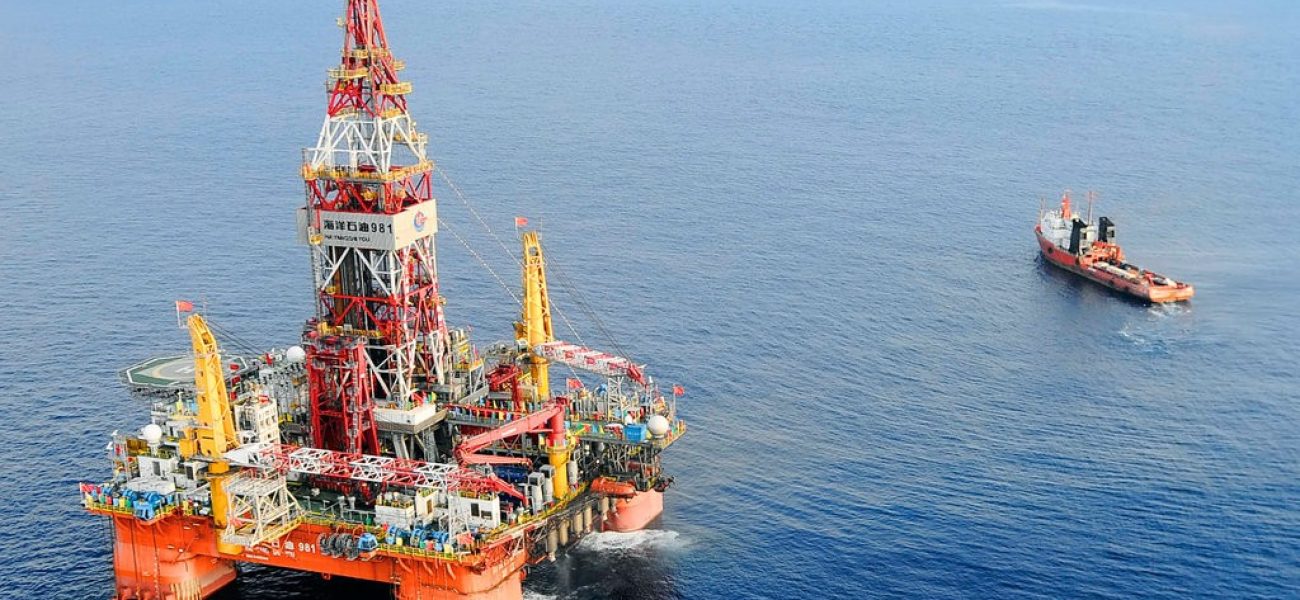The National Assembly has passed a Bill seeking to amend the Deep Offshore and Inland Basin Production Sharing Contract Act (click here). The Bill, which originated in the Senate and was passed on 15th October 2019 was adopted in the House of Representatives without amendments at its second reading and passage on Tuesday, 29th October, 2019. The proposed legislation, seeks to improve on the extant law that was last amended twenty years ago by adopting a royalty rate based on the changing price of crude oil and condensates, clarifying the mechanism for its review and providing penalties for defaulters. Its passage came as majority of lawmakers were of the view that the conditions that necessitated the enactment of the Decree in 1993 (now an Act under the Laws of the Federation, 2004) had changed making its provisions lopsided and unfavorable to the Federal Government.
This may partly be because at the time the Decree was passed, Nigeria lacked the appropriate infrastructure for Deep Offshore technology and had to assure foreign petroleum/exploration companies on the viability of their investment through the passage of legislation with favourable incentives. This was more so as the global oil price then (around $13 per barrel) was low and there was need to de-risk the Nigerian Deep Offshore sector. The current Act contains provisions with various fiscal incentives to attract foreign investment. Under Section 5 (1) of the Act, which governs the payment of royalty for instance, petroleum/exploration companies pay royalty rates based on the depth of their exploration. Thus, while a maximum of 12 percent royalty is paid for Deep Offshore Production Contracts between 201 to 500 metres of water, only 4 percent royalty accrues to the Federal Government for Deep Offshore Production Contracts between 800 to 1000 metres of water. A flat rate of ten percent royalty is however provided in the case of Inland Basins, described under section 5(2) of the Act as the basins in Anambra, Benin, Benue, Chad, Gongola, Sokoto in addition to other basins determined by the Minister of Petroleum.
The amendments also seek to cure a lacuna in the law which although provides for periodic review of its provisions at any time the price of crude oil is above $20 per barrel in real terms or after fifteen years of the commencement of the Act, failed to provide details on the mechanism for carrying out this review or penalties for defaulters. To close these gaps, the Bill proposes the insertion of a new section 5(1) so that all Deep Offshore royalties greater than 200 metres are calculated at a flat rate of 10 percent and reduces the royalty rate due from Inland Basins from 10 percent to 7.5 percent. It also creates an additional royalty rate that is not contained under extant law and is determined by the current oil price per barrel for crude oil and condensates. Thus, it proposes that while no royalty should be paid when the oil price is $20 per barrel and below, a royalty rate of 2.5 percent should be applicable when the oil price per barrel is above $20 but not more than $60 while a 4 percent royalty rate should apply when oil prices are above $60 dollars but not more than a $100 dollars per barrel among others. It also clarifies the mechanism for the review of product sharing contracts by placing the responsibility on the Minister of Petroleum who must ensure that the Nigerian National Petroleum Corporation (NNPC) undertakes the review after every eight years. The Bill specifies the penalty for any person who fails to carry out the obligation for review as liable to an imprisonment term of at least five years or face the option of a fifty million naira fine (N50, 000, 000) or both.
While the proposed revision is apt as the provisions of this law have never been reviewed since its passage twenty-six years ago and since increase in oil prices to over $20 per barrel in the last ten years, it is uncertain how petroleum/exploration companies will perceive the additional royalty rate at a time that the world appears to be transitioning to more sustainable forms of energy and as lowering global demand for crude oil may make the amendment look “expensive” or burdensome. This is so even though the National Assembly appears to have factored the petroleum/exploration companies competing need for profit by proposing the reduction of the royalty rate for Inland Basin from 10 percent to 7.5 percent and fixing a percentage royalty rate of ten percent for all Deep Offshore Contracts greater than 200 metres water depth as noted earlier. It is noteworthy that while petroleum/exploration companies currently pay a maximum rate of 12 percent for Deep Offshore Production Sharing Contracts between 201 to 500 metres water depth, they are likely to benefit from the proposed reduced rate as a majority of the said contracts generally fall within this range.
The Bill is deemed urgent by both chambers of the National Assembly who passed the Bill within a month of its introduction in October. However, at this stage, it is unclear whether the National Assembly will choose to transmit a copy of the Bill to the President or wait for the Executive who has promised to forward its version for consideration and passage. The Government expects to fund the Budget from proceeds of the benefits of the Deep Offshore and Production Sharing Contract Bill.
In the mean time, the 9th Senate has promised to embark on investigations as to why an amendment to the Act was never prioritised or passed by previous Assemblies despite what the Federal Government and the country stood to gain from its amendment.

